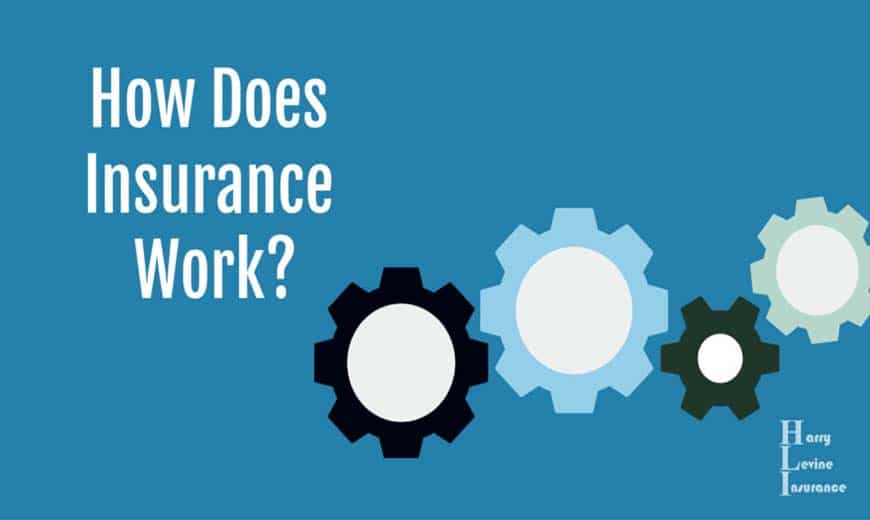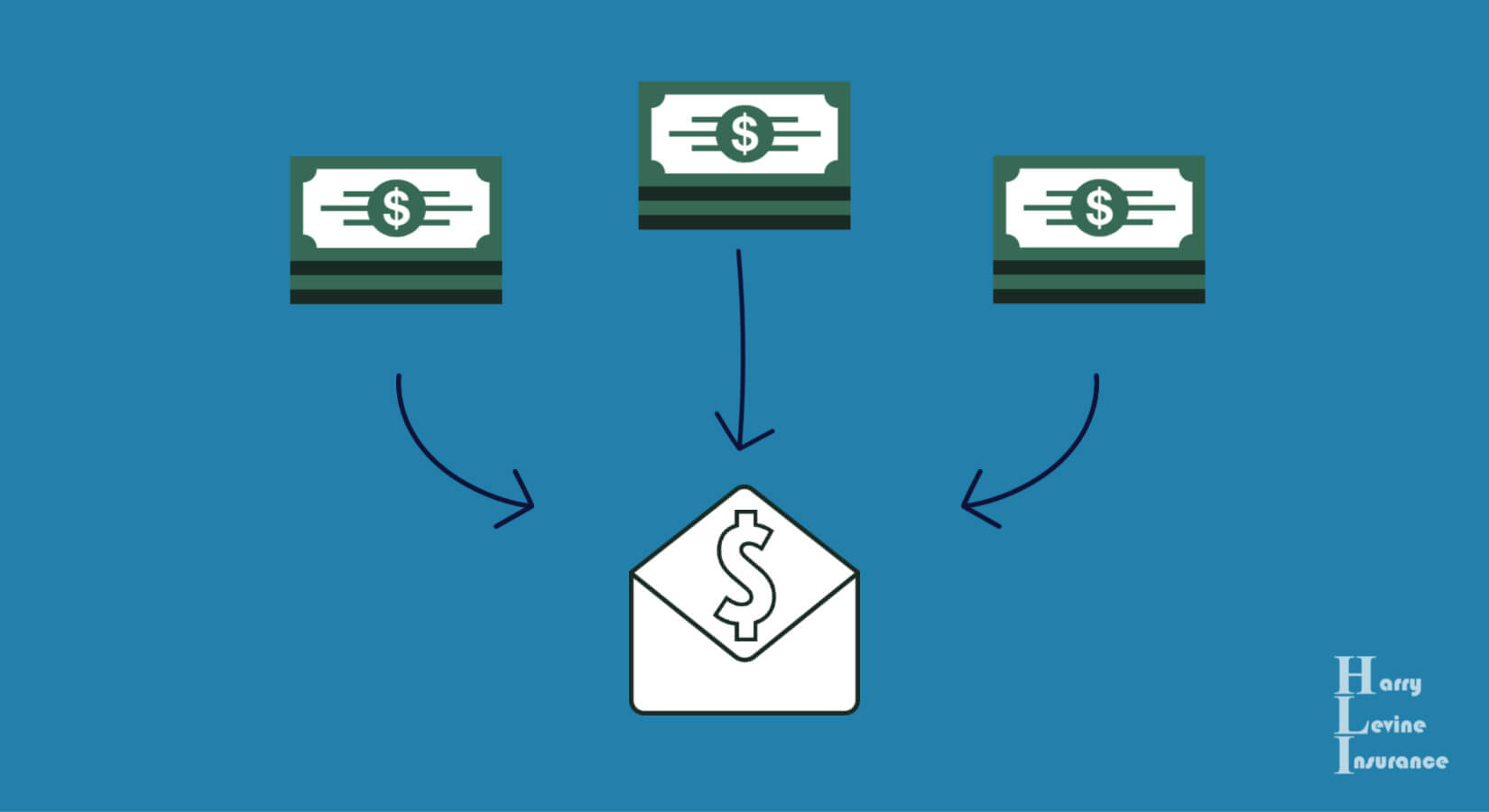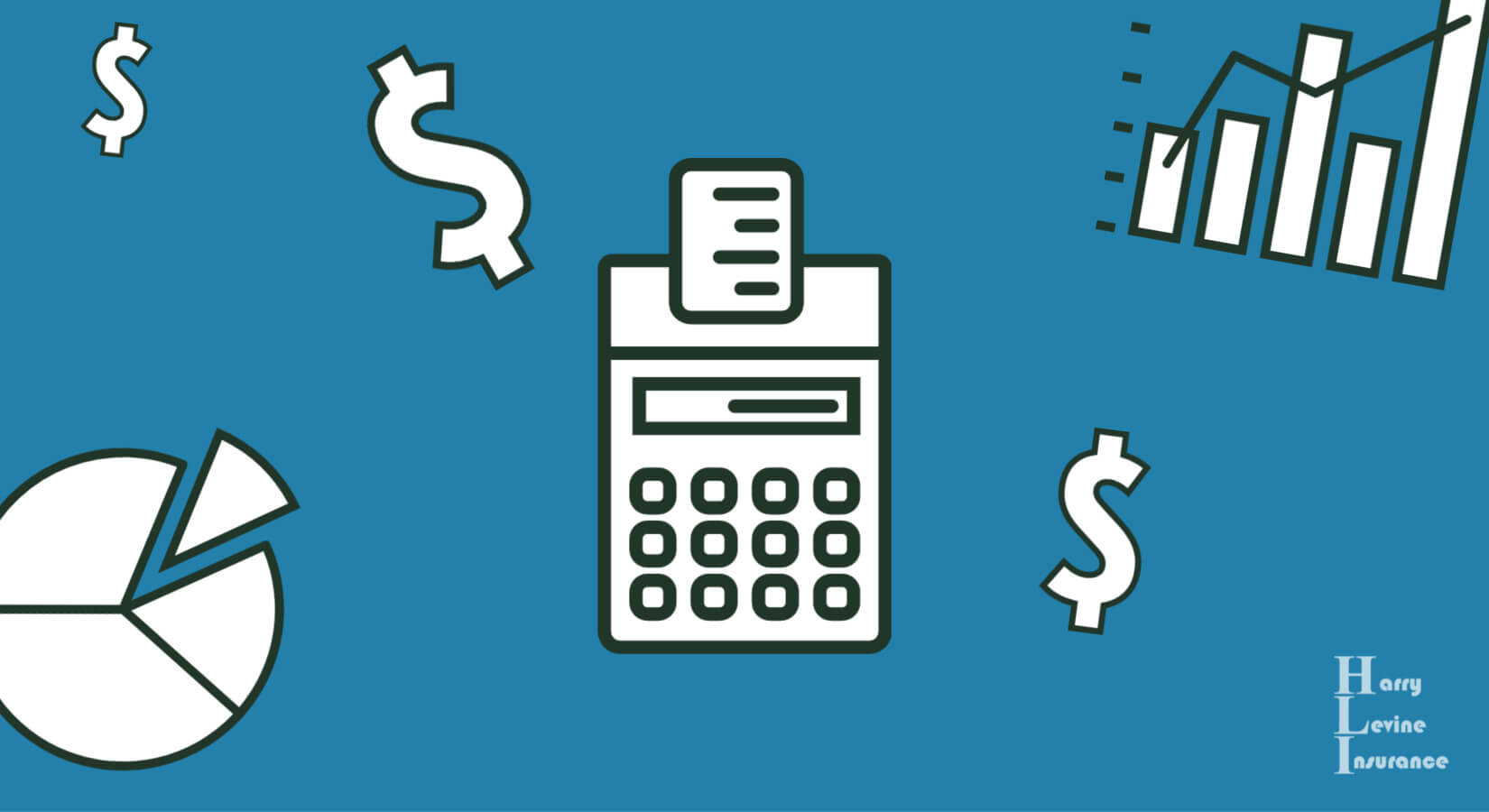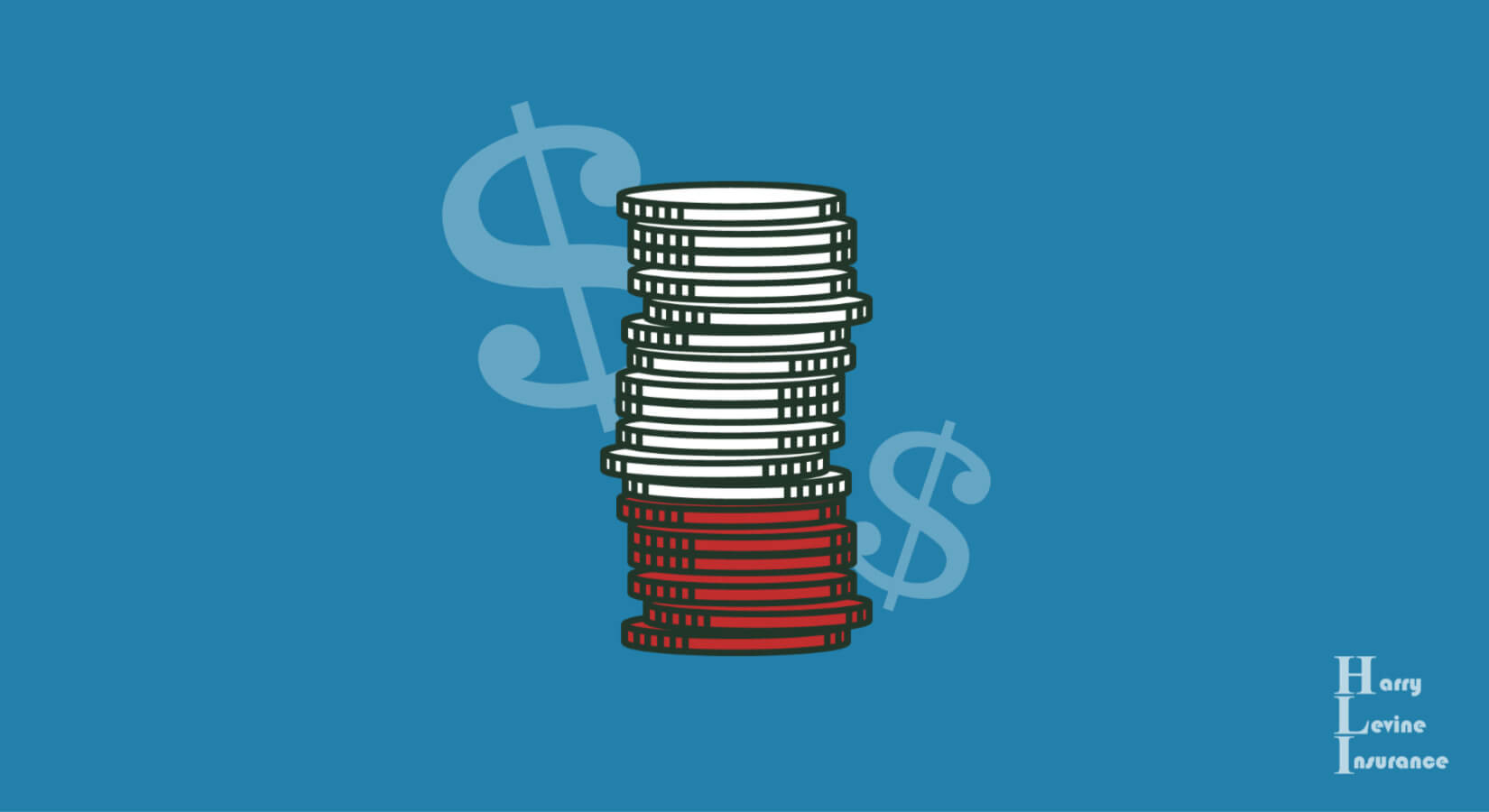You have insurance, but do you understand it?
In this article, we’ll be tackling the question, “How does insurance work?”
You have insurance. You might even have an insurance agent. But how does insurance work, exactly?
In this article, we’ll be looking under the hood of the insurance industry to show you how the process works.
What is Insurance?
An insurance policy is a financial contract where an insurer (the party issuing the policy, usually an insurance company) agrees to pay a policyholder (the individual or business entity purchasing the policy) a certain amount of money if the policyholder (also known as the insured) experiences a loss specified within that contract. In return, the insured agrees to pay the insurer a certain amount of money every month (or year) for the duration of the contract.
There are many types of insurance coverage and just about anything can be insured (at varying coverage levels), provided you can find an insurance carrier who is willing to issue you a policy.
Every insurance policy is different—even those issued by the same company. This is why it’s so important to understand the details about your specific policy: what is covered, what is excluded, and what your limits are.
How Does Insurance Work?
Here’s a very simplified explanation to give you an idea of how insurance works.
Let’s say that you and nine of your friends just purchased brand-new smartphones. As you’re admiring the various features, you all start to worry that cases and screen protectors won’t be enough to protect your expensive new gadget.
So each of you puts $50 into an envelope, creating a “new phone fund” of $500. If anyone destroys their phone within the next year, s/he can take the money to buy a new one.
$50 is a drop in the bucket compared to the $500 you would lose if you break your phone, so each of you are willing to risk “losing” that money so you won’t have to shell out the full five Benjamins later.
That’s the basic level of how insurance works.
That $50 is like your insurance premium and your friends are the other policyholders that buy insurance through that company. You all have pooled your money together to create a fund that the insurance company will use to cover medical expenses, property damage, theft—any loss that’s covered by your policy.
How Insurance Works: Premiums
By the end of the year, there isn’t a scratch on your phone. Dave, on the other hand, wasn’t so careful. In fact, his phone has so much wear and tear that he had to deplete the fund to replace it.
The following year, you have a bit more information to work with. You know who was careful with their phone (you) and who exposed their phone to more risk (Dave).
As a result, you might decide that people who purchased a certain type of phone case should contribute only $40, while Dave (due to his history of iPhone carelessness) will have to contribute $75.
Insurance companies have a similar (albeit more sophisticated) system in place. They employ underwriters to look over your information, determine your level of risk exposure, and (if they decide to issue you a policy) calculate your premium amount.
This system ensures that—while everyone is sharing some of the risk—those who are likely to deplete the “envelope” more quickly will also be responsible for putting more money into it.
How Insurance Works: Deductibles
Now let’s take our analogy up a notch and learn about how deductibles work.
You and your friends don’t want people intentionally spiking their phones on the ground whenever they want a brand-new phone. So you develop a rule: if you want to access the fund, fine. But you have to pay the first $100 of whatever the phone costs before you’re allowed to touch the money in the envelope.
In the insurance world, this is called a deductible. Dave’s deductible is $100. Your car insurance deductible might be $1,000.
In many cases, your deductible is inversely related to your premium. This means that a high-deductible policy might come with a slightly lower premium. If you’d rather have a lower deductible, you might have to pay a higher premium.
How Insurance Works: Coverage
Two years into the plan, Dave decides that $75 is too much for him to put toward the phone fund. He’d rather pay the same amount as everyone else. So you all agree that Dave can pay $50, but he can only use the fund to repair a cracked screen, not a scratched one.
This is a very simplified version of how coverage works in the insurance industry.
Your insurance covers only what is specified in your contract. Policyholders who want to reduce their premiums can sometimes opt for less coverage.
However, there are certain instances where insurance is required and varies by state. For example, Florida residents must carry a certain amount of coverage in the form of Personal Injury Protection and Property Damage Liability.
Collision coverage for any damage to your car is optional.
So Who Gets the Better Deal?
Honestly? Everyone!
The insurance company gets to have a thriving business that employs thousands of people. But policyholders get the peace of mind that comes from knowing future covered losses can be reimbursed.
And what’s more, there’s an easy way that families and business owners can make sure they’re getting the best value: by working with an independent insurance agent like Harry Levine Insurance.
Because they aren’t tied into any specific insurance company, independent agents can shop the market to find coverage that best matches your expressed needs, goals, and budget.
Whether you’re looking for business insurance or home insurance, auto insurance, or life insurance, we can help. Contact us today for a free quote!










